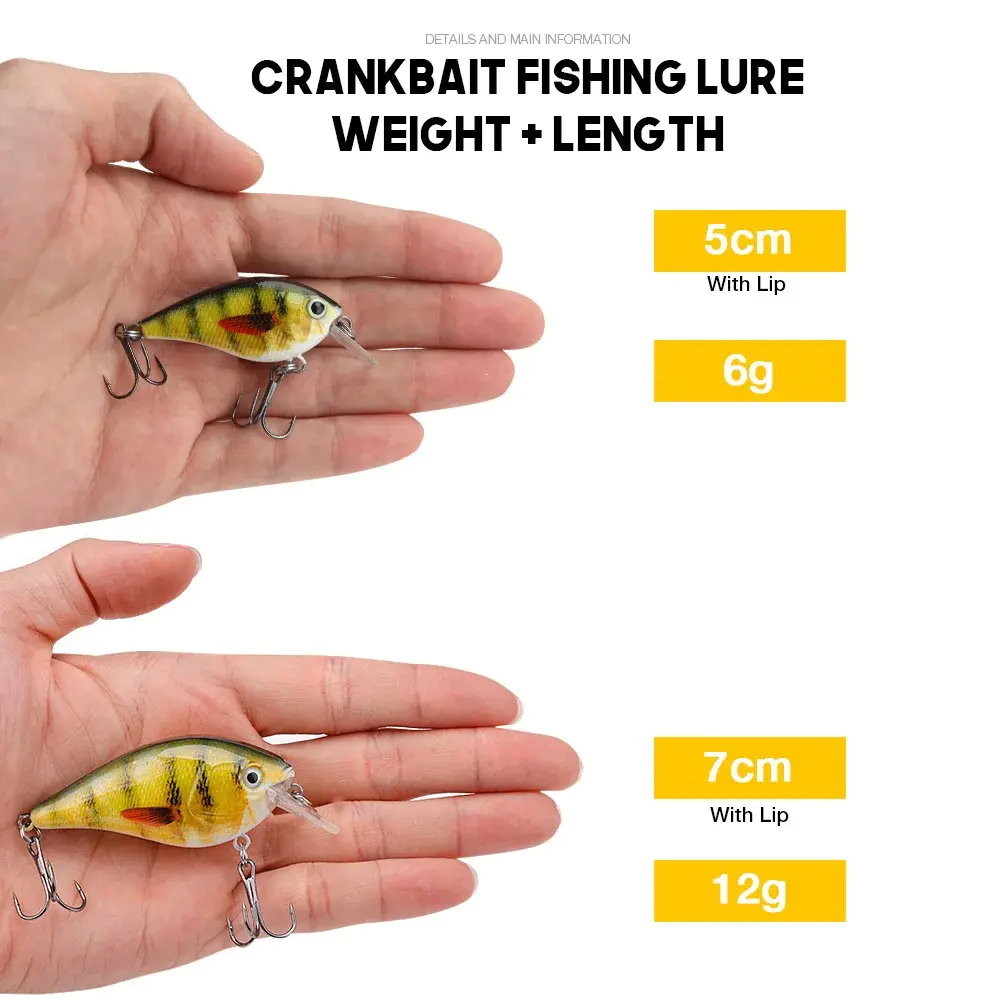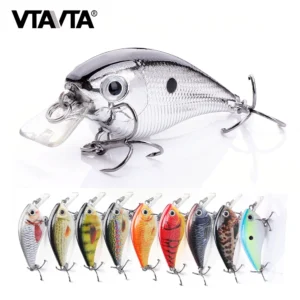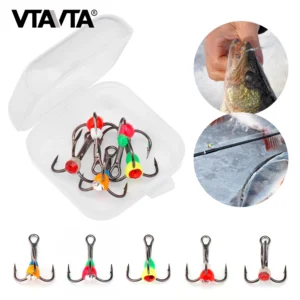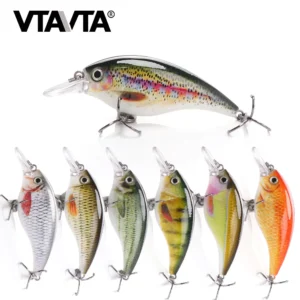Why Do Insulators Not Conduct Electricity to Fishing Lures? A Deep Dive into the Science and Practical Applications
Fishing is more than just a hobby—it’s a science. From understanding fish behavior to mastering the art of lure selection, every detail matters. One question that often puzzles anglers, especially those experimenting with electronic lures or fishing in electrically active environments, is: Why do insulators not conduct electricity to fishing lures? This article explores the science behind insulators, their role in fishing, and how they can impact your angling success.
Understanding Insulators: The Basics
To answer the question, “Why do insulators not conduct electricity to fishing lures?”, we first need to understand what insulators are and how they work.
What Are Insulators?
Insulators are materials that resist the flow of electric current. Unlike conductors (such as metals), which allow electrons to move freely, insulators have tightly bound electrons that do not move easily. Common examples of insulators include rubber, plastic, glass, and wood.
How Do Insulators Work?
Insulators work by preventing the transfer of electrical energy. Their atomic structure lacks free electrons, which are necessary for conducting electricity. This makes them ideal for applications where electrical isolation is required, such as coating wires or protecting against electric shocks.
The Role of Insulators in Fishing
In the context of fishing, insulators play a crucial role in ensuring safety and effectiveness. Here’s how:
1. Protecting Against Electric Shock
When fishing in waters near power lines or during electrical storms, the risk of electric shock increases. Insulators on fishing rods, lines, and lures can help prevent accidental conduction of electricity, keeping anglers safe.
2. Enhancing Lure Performance
Some advanced fishing lures use electronic components, such as LED lights or vibration mechanisms. Insulators ensure that these components function correctly without short-circuiting or interfering with the lure’s movement.
3. Preventing Corrosion
Insulators can also protect metal parts of fishing gear from corrosion caused by exposure to water and electrolytes, which can act as conductors.
Why Insulators Don’t Conduct Electricity to Fishing Lures
Now, let’s dive into the core question: Why do insulators not conduct electricity to fishing lures? Here’s the science behind it:
1. Lack of Free Electrons
Insulators have tightly bound electrons that do not move freely. Without free electrons, there is no pathway for electric current to flow through the material.
2. High Resistance
Insulators have extremely high electrical resistance, which means they oppose the flow of electric current. This resistance prevents electricity from passing through the material and reaching the lure.
3. Atomic Structure
The atomic structure of insulators includes a large energy gap between the valence band (where electrons are bound) and the conduction band (where electrons can move freely). This gap makes it nearly impossible for electrons to jump and conduct electricity.
Practical Applications of Insulators in Fishing Gear
Understanding the properties of insulators can help you make informed decisions about your fishing gear. Here are some practical applications:
1. Insulated Fishing Rods
Many modern fishing rods feature insulated handles made from materials like EVA foam or cork. These materials not only provide a comfortable grip but also protect against electric shocks.
2. Non-Conductive Fishing Lines
Fluorocarbon and nylon fishing lines are excellent insulators. They do not conduct electricity, making them safe to use in electrically active environments.
3. Insulated Lure Components
Some lures, especially those with electronic features, use insulating materials to protect internal circuits and ensure proper functionality.
Common Myths About Insulators and Fishing
There are several misconceptions about insulators and their role in fishing. Let’s debunk a few:
Myth 1: All Fishing Gear Conducts Electricity
Reality: While metal components (like hooks) can conduct electricity, many parts of fishing gear (like rods and lines) are made from insulating materials.
Myth 2: Insulators Make Fishing Less Effective
Reality: Insulators do not interfere with the performance of fishing gear. In fact, they enhance safety and durability.
Myth 3: Only Expensive Gear Uses Insulators
Reality: Insulating materials are commonly used in a wide range of fishing gear, from budget-friendly options to high-end equipment.
FAQs About Insulators and Fishing
1. Can electricity travel through fishing line?
Most fishing lines, such as fluorocarbon and nylon, are insulators and do not conduct electricity.
2. Are rubber lures good insulators?
Yes, rubber is an excellent insulator and is often used in soft plastic lures.
3. Do I need to worry about electricity when fishing in freshwater?
While freshwater is a poor conductor compared to saltwater, it’s still important to be cautious near power lines or during storms.
4. Can insulators protect against lightning?
Insulators can reduce the risk of electric shock, but no material can fully protect against a direct lightning strike. Always seek shelter during storms.
Tips for Safe and Effective Fishing
Here are some practical tips to ensure your fishing experience is both safe and successful:
Check Your Gear: Regularly inspect your fishing rods, lines, and lures for damage that could compromise their insulating properties.
Avoid Power Lines: Always be aware of your surroundings and avoid casting near power lines.
Use Insulated Tools: Consider using pliers and other tools with insulated handles for added safety.
Stay Informed: Keep an eye on weather forecasts and avoid fishing during electrical storms.
Conclusion: The Importance of Insulators in Fishing
So, why do insulators not conduct electricity to fishing lures? The answer lies in their atomic structure, high resistance, and lack of free electrons. These properties make insulators essential for protecting anglers, enhancing gear performance, and ensuring a safe and enjoyable fishing experience.
Whether you’re a casual angler or a seasoned pro, understanding the role of insulators can help you make smarter choices about your gear and stay safe on the water. So, the next time you cast your line, take a moment to appreciate the science behind your equipment—and the insulators that keep you fishing safely.
Happy fishing!





